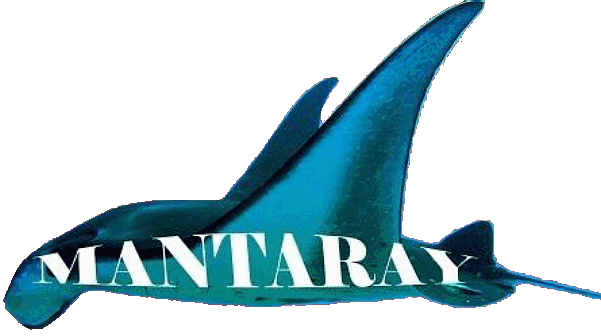|
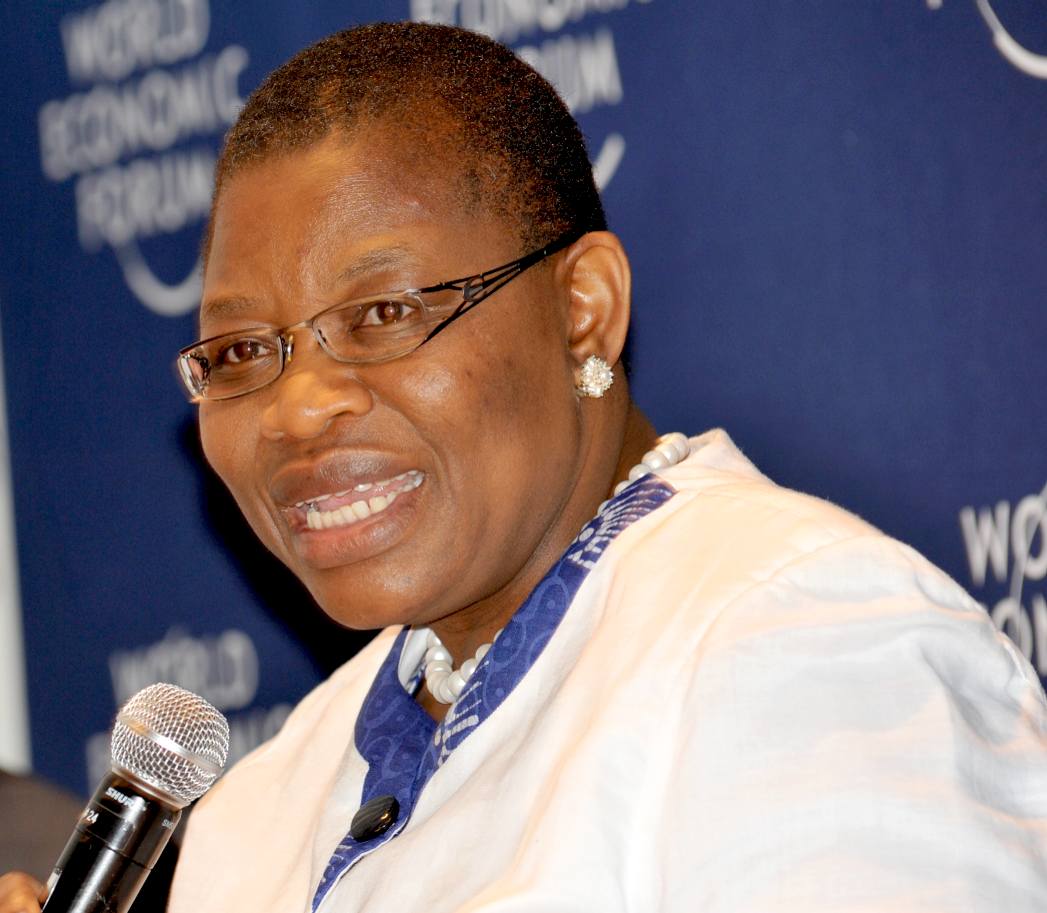
OBIAGELI
(OBY) EZEKWESILI - is a former Vice President of the World Bank for Africa, a former Nigerian Education Minister and co-founder of Transparency International.
Dr Ezekwesili holds a Master’s degree in International Law and Diplomacy from the University of Lagos, and a Master’s in Public Administration from the Kennedy School of Government, Harvard University. She was awarded an honorary Doctor of Science degree by the University of Agriculture in Abeokuta in 2012. A chartered accountant by profession, ‘Oby’ Ezekwesili first served the Nigerian government as Head of the Budget Monitoring and Price Intelligence Unit, where she led reforms to public procurement. She was appointed Minister of Solid Minerals in 2005 and chaired the Nigeria Extractive Industries Transparency Initiative. In 2006 she became Minister of Education, until taking up her World Bank post in 2007. Prior to working for the Government of Nigeria, Dr Ezekwesili was at the Center for International Development at Harvard University. Having co-founded the anti-corruption organisation Transparency International, she directed its work in Africa. She is also a Senior Economic Advisor to Open Society, which aims to build vibrant and tolerant societies with democratically accountable governments.
Obiageli Ezekwesili
was a co-founder of Transparency International, serving as one of the pioneer directors of the global anti-corruption body based in Berlin,
Germany. She served as Federal Minister of Solid Minerals and then as Federal Minister of Education during the second-term presidency of Olusegun Obasanjo. Since then, she served as the Vice-President of the World Bank's Africa division from May 2007 to May 2012, she was replaced by Makhtar Diop.
Ezekwesili holds a Master's degree in International Law and Diplomacy from the
University of Lagos, as well as a Master of Public Administration degree from the Kennedy School of Government, Harvard University. She trained with the firm of Deloitte and Touche and qualified as a chartered
accountant in Nigeria.
Prior to working for the Government of Nigeria, Ezekwesiili was working with Professor Jeffrey Sachs at the Center for International Development at Harvard.
In 2006, Ms. Ezekwesili was given the national award of Commander of the Order of the Federal Republic (CFR). She is married to Pastor Chinedu Ezekwesili and has three sons.
WORLD BANK
In March 2007, World Bank President Paul Wolfowitz announced the appointment of Ezekwesili as Vice-President for the Africa Region starting on 1 May
2007. This year, she successfully completed her stint as the World Bank Vice-President
Africa Division, a position to which she was appointed in 2007. As vice-president she was in charge of the bank's operations in 48 countries in Sub-Saharan Africa and supervised a lending portfolio of over $40
billion,
with more than 1600 staff responsible for the delivery of projects in those
regions.
Since leaving the World bank she has established herself in the Nigerian and international speaking circuits.
She was a co-founder of Transparency International and served as one of its pioneer directors. As a senior economic advisor for Open Society, a group founded by billionaire George Soros, she advises nine reform-committed African heads of state including Paul Kagame of Rwanda and Ellen Johnson-Sirleaf of Liberia.
On 1 October 2012, one of the world's leading telecommunications firm, Bharti Airtel, with operations in 20 countries, named Ezekwesili as a director on its board. She is also on the boards of
World Wildlife Fund (WWF), the School of Public Policy of Central European University, The Harold Hartog School of Government and Policy, New African magazine, The Center for Global Leadership @ Tufts University.
In May 2012, Ezekwesili was awarded an honorary Doctor of Science (DSC) degree by the University of Agriculture, Abeokuta in
Nigeria.
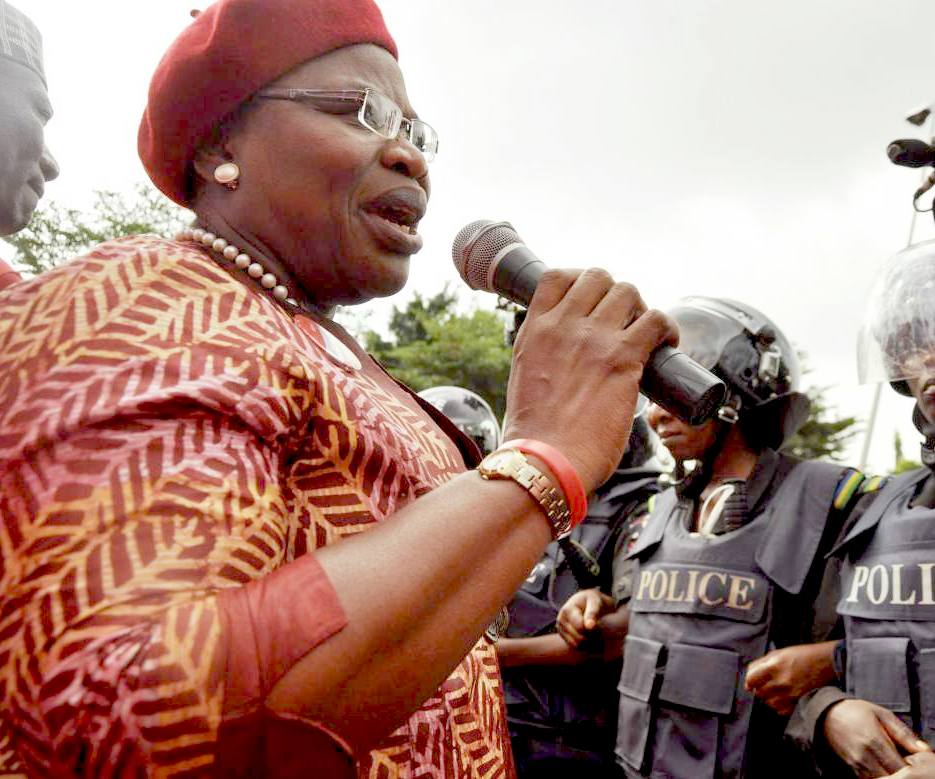
THE GUARDIAN DEC 2014 -
"I couldn’t wrap my head around it,” says Oby Ezekwesili. “More than two hundred schoolgirls!” Eight months on, she still sounds incredulous as she recalls the moment she heard Boko Haram had kidnapped more than 300 students in north-eastern Nigeria.
The mass abduction, during which extremists stormed the girls’ dorm at around midnight and forced the terrified teenagers on to trucks at gunpoint, propelled the remote village of Chibok into the global spotlight in April. The fact that it has stayed there is in large part due to the Bring Back Our Girls movement co-founded by Ezekwesili and three other Nigerian women. In the face of personal threats, they have remained driven by an abiding sense of outrage.
Ezekwesili, a former minister and co-founder of anti-corruption group Transparency International, doubted the news at first. “I couldn’t believe it was true. I was tweeting to all the government handles, presidential aides, TV stations. Nobody replied. Everybody just went under,” she says.
In the early aftermath, the official response – or lack of it – only compounded the horror. A presidential statement was more than two weeks in coming. The president’s wife weighed in, personally interrogating some protest leaders and dismissing the abduction as a plot to bring down her husband. The army, meanwhile, was forced to backtrack on a bewildering claim it had rescued all of the girls.
In fact, around 50 of the girls had escaped by jumping out as they were driven towards Boko Haram’s forest training camps. The others, however, remained missing.
Enraged by this apparent indifference, Ezekwesili and others organised a march to the national assembly in the capital, Abuja. Phalanxes of policemen barred the crowd of red-shirted protesters from approaching any official buildings, but the Bring Back Our Girls campaign was born. A Twitter hashtag of the same name caught the world’s attention, with Ezekwesili leading the online movement.
“Since the beginning, they have tried to make us shut up,” says
Ezekwesili, who in July tweeted to say that security operatives had tried to prevent her boarding a flight to London, where she was appearing on a BBC programme. 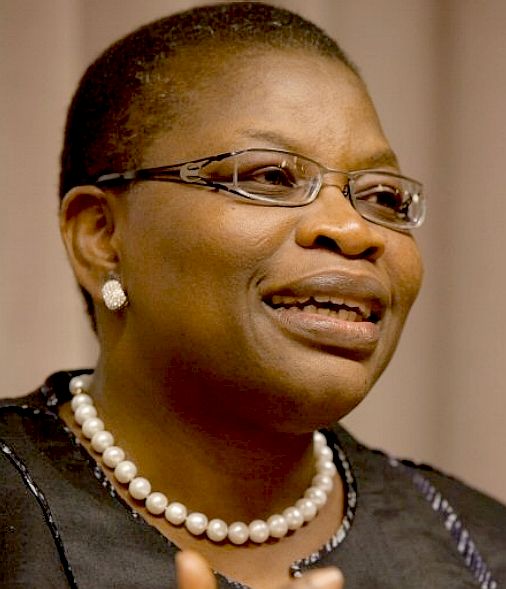
GOVERNMENT
Ezekwesili started off in the Olusegun Obasanjo administration as the Pioneer head of the Budget Monitoring and Price Intelligence Unit (aka Due Process Unit). It was in this position that she earned the sobriquet of "Madam Due Process" for the outstanding work she led a team of professionals to do in sanitising public procurement or contracting at the Federal level in Nigeria. She was the architect of the Bureau for Public Procurement legislation, the NEITI legislation and the new Minerals and Mining legislation during her six and a half years stint in government.
She was appointed Minister of Solid Minerals (Mines and Steel) in June 2005 during which time she led a vibrant reform program that led to Nigeria's global recognition as a credible mining investment destination. She was also the Chairperson of the
Nigeria Extractive Industries Transparency Initiative (NEITI) and led the first ever national implementation of the global standards and principles of transparency in the
oil, gas and mining sector.
In June 2006, Ezekwesili was appointed the Federal Minister of Education, holding this post until she took up her
World Bank appointment in May 2007.
THE
COMMISSIONERS
|
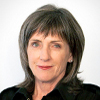
|
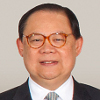
|
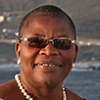
|
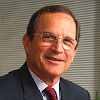
|
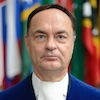
|
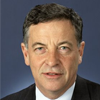
|

|
|
Carol
Browner |
Victor
Chu |
Obiageli Ezekwesili |
Luiz
Furlan |
Vladimir
Golitsyn |
Robert
Hill |
Yoriko
Kawaguchi |
|
. |
. |
. |
. |
. |
. |
. |
|

|
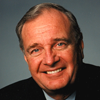
|
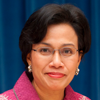
|

|

|
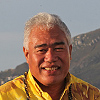
|
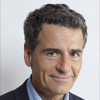
|
|
Pascal
Lamy |
Paul
Martin |
Sri
Mulyani Indrawati |
Cristina
Narbona |
Ratan
Tata |
Foua
Toloa |
Andrés
Velasco |
GOC
OBJECTIVES The objective of the Global Ocean Commission is to address
the issues herein by formulating ‘politically and technically feasible
short, medium, and long-term recommendations. The work of the Commission thus focuses on four key tasks:
1. To examine key threats, challenges, and changes to the ocean in the 21st century, and identify priority issues. The Commission will utilise both scientific and economic evidence, drawing on existing reports from world experts, as well as commencing original research in partnership with other organisations.
2. To review the effectiveness of the existing legal framework for the high seas in meeting these challenges. According to the Commission, this means a special focus on the effectiveness of regional fisheries management organisations, particularly with respect to their accountability, transparency, and performance. It also means reviewing the governance gap on biodiversity conservation and analysing options for combatting IUU
fishing. The Commission will also assess the suitability of the existing legal regime for regulating emerging uses of the global ocean.
3. To engage with interested parties around the world, as well as the general public. The Commission will connect with fishers, military and merchant navies, recreational sailors, seafood companies, conservation groups and the emergent seabed mining business. The Commission also aims to raise understanding among policymakers, economists and other groups, including the general public, of the implications should high seas issues not be reformed.
4. To make recommendations regarding ‘cost-effective, pragmatic and politically feasible reforms of high seas governance, management and enforcement.’ While the threat analysis will take account of external issues such as climate change, recommendations will focus on reforms that can be achieved by evolving high seas governance. Some may concern the fundamental legal framework under which the global ocean is governed, whereas others may focus on improving the effectiveness of existing mechanisms.

The Global Ocean Commission
Somerville College
Woodstock Road
Oxford, OX2 6HD
Tel: UK+44 (0) 1865 280747
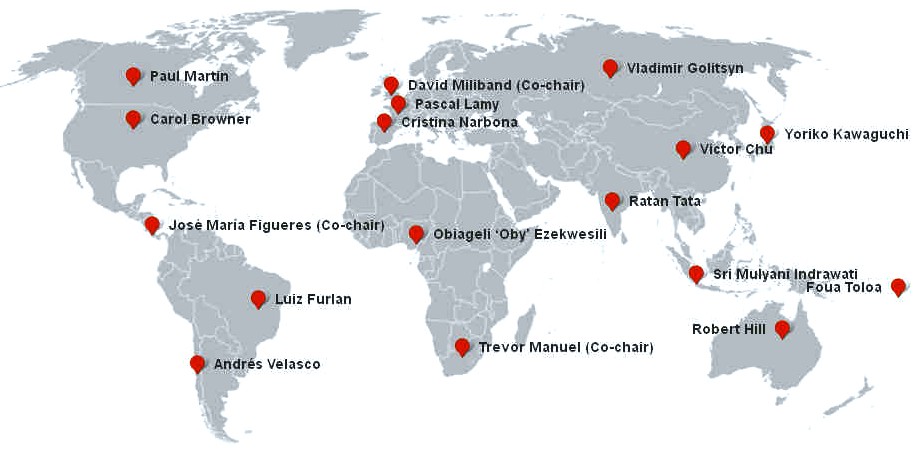
GLOBAL
OCEAN COMMISSIONERS
- A map of the world showing the location of the GOC's commissioners.
GLOBAL
OCEAN COMMISSIONERS - CO-CHAIRS
|
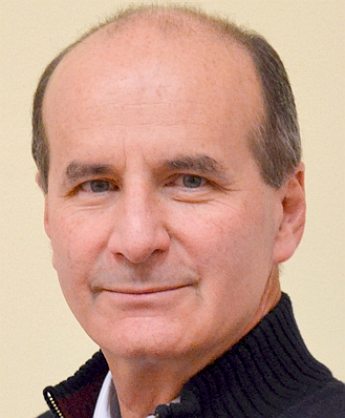
|
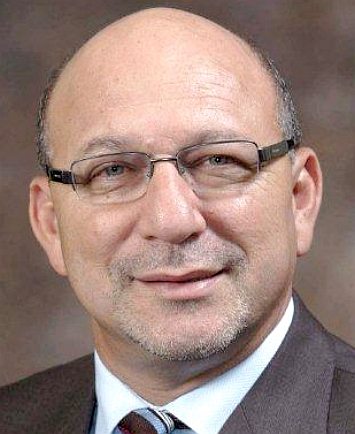
|
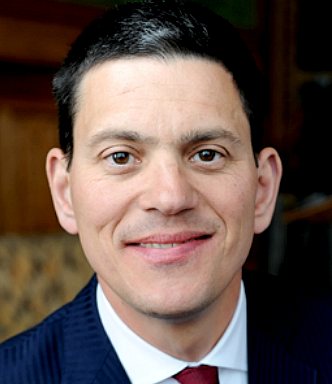
|
|
José María Figueres |
Trevor Manuel |
David
Miliband |
GOC's
SECRETARIAT
|
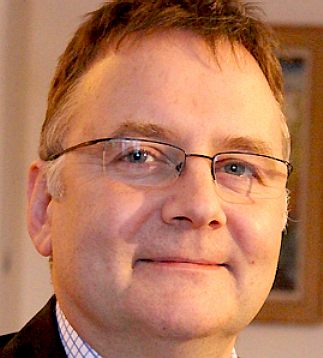
|
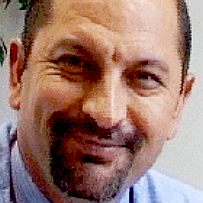
|
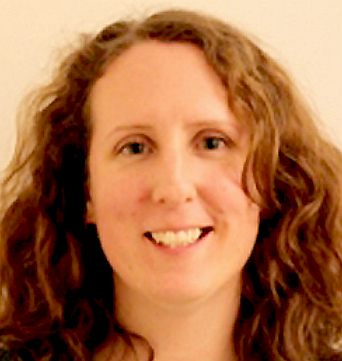
|
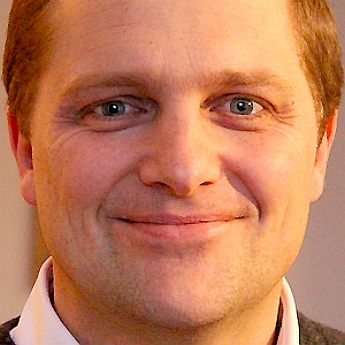
|
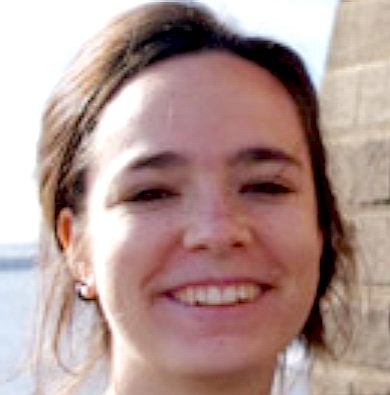
|
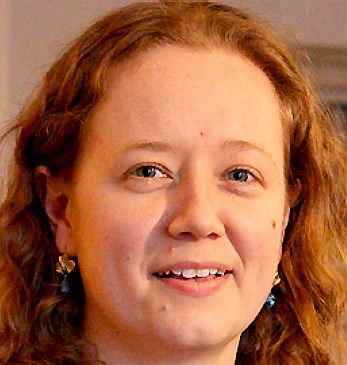
|
|
Simon
Reddy |
Rémi Parmentier |
Clare
Brennan |
Kristian Teleki |
Inés de Águeda |
Sarah Gardner |
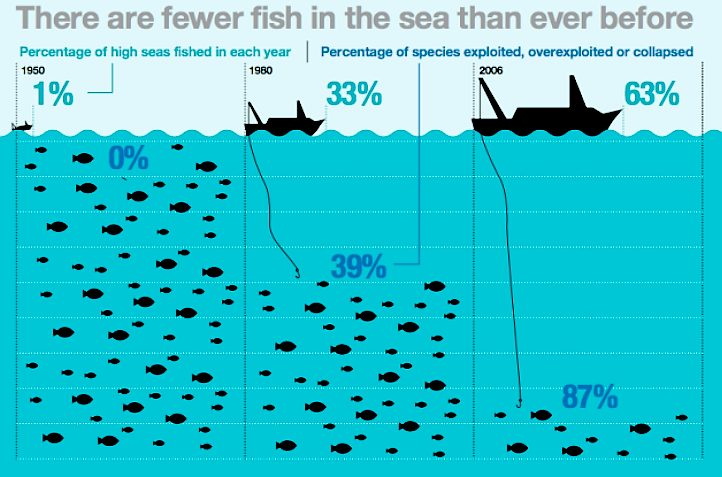
RICH COUNTRIES PAY ZOMBIES $5 BILLION A YEAR IN SUBSIDIES TO PLUNDER THE OCEANS
- If industrial fleets weren’t subsidized, they’d go out of business. Small-scale fisheries that don’t need enormous amounts of fuel to catch huge hauls of
fish - i.e. the ones using sustainable fishing practices - would then in theory thrive. Many of these fishermen are in poor countries whose governments can’t afford to compete in the industrial looting.
Worse, there’s a double-whammy zombie effect going on in the fishing context. Government subsidies to highly destructive industrial fleets don’t just deprive small-scale fishermen of finite taxpayer dollars and edge them out of the market with cheap prices; they also rob them of current and long-term fishing stocks. 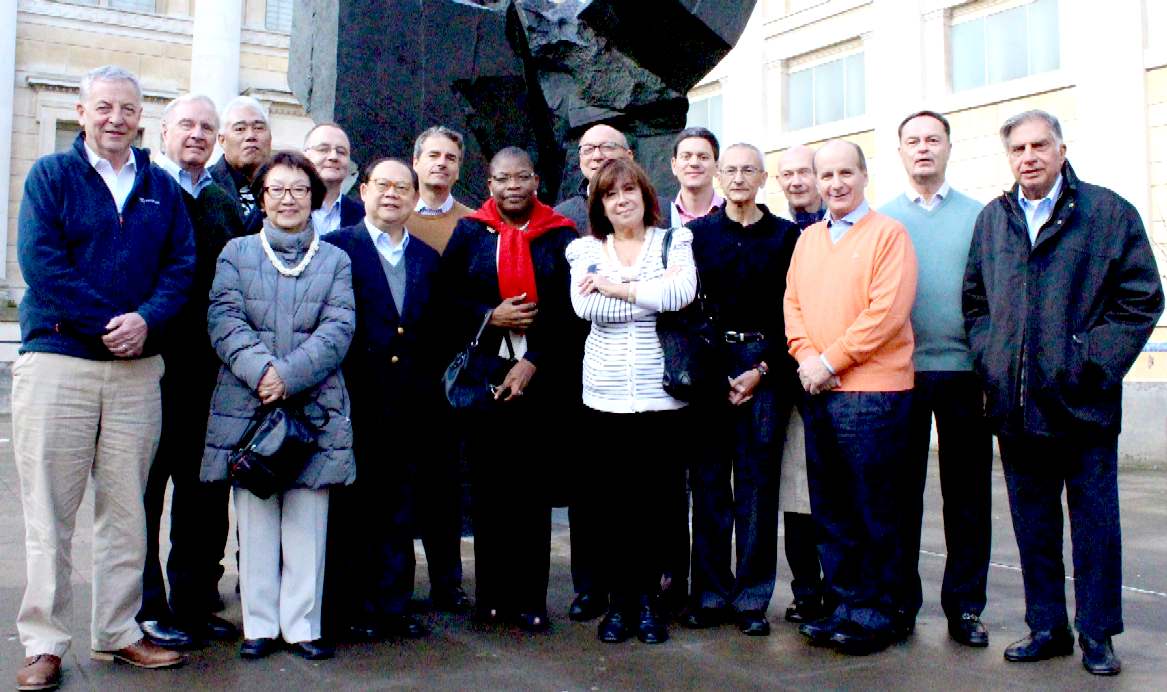
The Global Ocean Commission at its meeting in Oxford, 21st-23rd November 2013 (left to right) Robert Hill, Paul Martin, Foua
Toloa, Yoriko Kawaguchi, Simon Reddy (Executive Secretary), Victor Chu, Andrés Velasco, Obiageli
Ezekwesili, Trevor Manuel (Co-chair), Cristina Narbona, David Miliband (Co-chair), John
Podesta, Pascal Lamy, José María Figueres (Co-chair), Vladimir Golitsyn, Ratan
Tata. 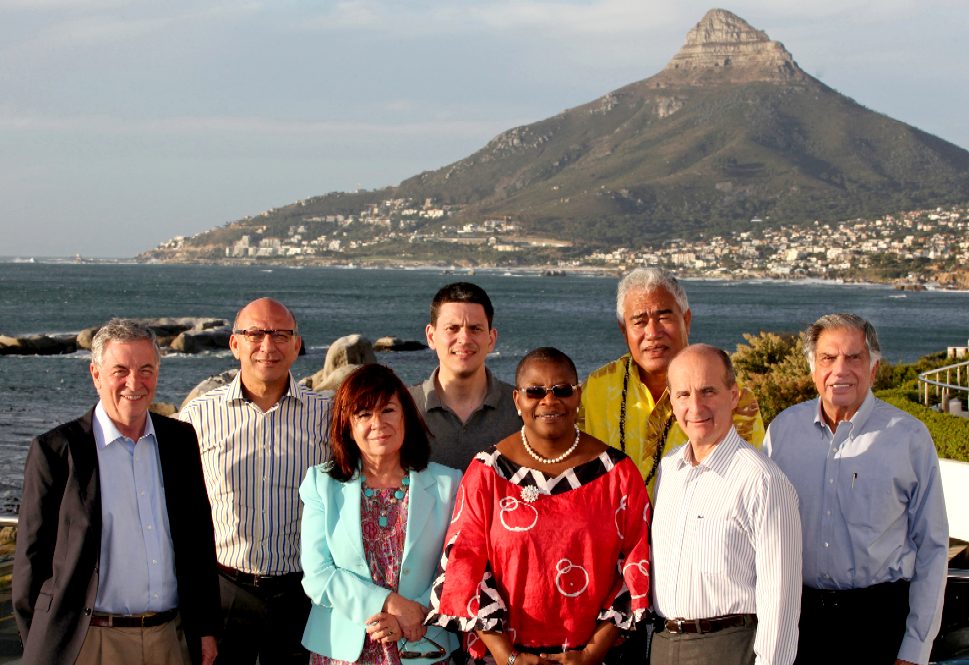
Members of the Global Ocean Commission at their inaugural meeting in Cape
Town, South Africa. Left to right: Robert Hill, Trevor Manuel (Co-chair), Cristina
Narbona, David Miliband (Co-chair), Obiageli Ezekwesili, Foua Toloa, José María Figueres
(Co-chair), Sir Ratan Tata.
LINKS
& REFERENCE
Global
Ocean Commissioners Oby Ezekwesili
The
Platform Nigeria 2013 October Obiageli Ezekwesili
Panda
organization trustees obiageli_ezekwesili
Linkedin
oby ezekwesili
Blogs
World Bank Obiageli Ezekwesili
The
Guardian world news 2014 December Obiageli Ezekwesili bring back our girls
boko haram school kidnapping
Twitter
Oby Obiageli Ezekwesili
Wikipedia
Obiageli_Ezekwesili
Telegraph
US-royal-tour-Prince-of-Wales-makes-plea-for-cleaner-oceans
Prince-of-Wales-speech-hrh-the-prince-of-wales-event-titled-plastic-the-marine-environment-scaling
Daily
Mail
Charles-horrified-toll-plastic-dumped-sea-Prince-Wales-plea-solve-issue-sake-future-generations
The
Guardian environment 2015 March 19
Prince-charles-calls-for-end-to-dumping-of-plastic-in-worlds-oceans
http://abcnews.go.com/US/wireStory/prince-charles-speaks-dangers-plastic-waste-oceans-29736519
Global
Ocean Commission
National
Geographic news 2014 June
Global-ocean-commission-report-high-seas-fishing-environment
Virgin
leadership and advocacy introducing global ocean commission
Wikipedia
European_Commissioner_for_Maritime_Affairs_and_Fisheries
Reuters
2013 US oceans new global group to clean up
National
Geographic 2014
global-ocean-commission-report-high-seas-fishing-environment
http://www.globaloceancommission.org/the-commissioners/oby-ezekwesili/
http://www.theplatformnigeria.com/sites/2013/oct/obiageli-ezekwesili/
http://wwf.panda.org/who_we_are/organization/trustees/obiageli_ezekwesili.cfm
https://www.linkedin.com/pub/oby-ezekwesili/59/612/229
http://blogs.worldbank.org/team/obiageli-ezekwesili
https://twitter.com/obyezeks
http://en.wikipedia.org/wiki/Obiageli_Ezekwesili
http://en.wikipedia.org/wiki/European_Commissioner_for_Maritime_Affairs_and_Fisheries
http://www.virgin.com/unite/leadership-and-advocacy/introducing-global-ocean-commission
http://www.scienceifl.com/ocean-plastic-pollution.htm
http://abcnews.go.com/US/wireStory/prince-charles-speaks-dangers-plastic-waste-oceans-29736519
http://www.globaloceancommission.org/
http://time.com/3750375/environment-prince-charles-oceans/
http://news.nationalgeographic.com/2015/03/150318-prince-charles-oceans-trash-plastic-britain/
http://en.wikipedia.org/wiki/Global_Ocean_Commission
http://www.itv.com/news/2015-03-18/prince-charles-makes-impassioned-plea-for-oceans-clean-up/
ACID
OCEANS - ARCTIC
- ATLANTIC - BALTIC
- BERING
- CARIBBEAN - CORAL - EAST
CHINA - ENGLISH CH
GULF
MEXICO
- GOC - INDIAN
- MEDITERRANEAN -
NORTH SEA - PACIFIC
- PERSIAN GULF - SEA
JAPAN - STH
CHINA
PLANKTON
- PLASTIC
- PLASTIC
OCEANS - UNCLOS
- UNEP
- WWF
|































